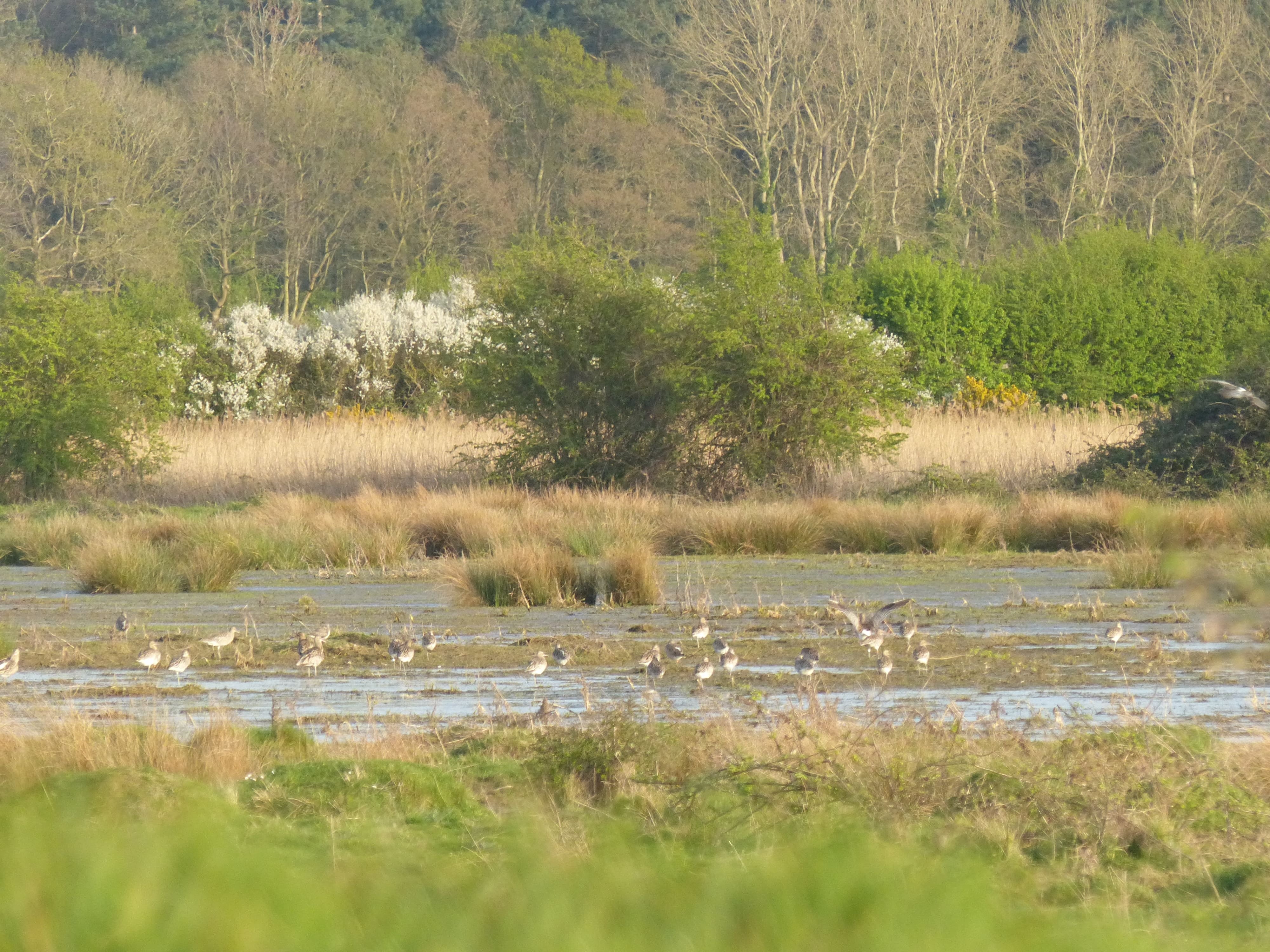Keep up pressure to ensure landscape recovery scheme remains – conservationist
Farmers and conservationists fear the Government plans to cut planned subsidies for large-scale habitat restoration to prioritise food production.

Both farmers and environmentalists need to “keep the pressure” on the Government to ensure planned subsidies to help restore nature are not diluted, a leading conservationist has warned.
There was a backlash this week in response to reports the Government was considering abandoning the Environmental Land Management Scheme (ELMS), which operates on the principle of “public money for public goods”.
Under ELMS, which is currently at the pilot stage but due to be rolled out in 2024, land managers will receive payments for restoring degraded landscapes and making space for wildlife.
But rumours surfaced over the weekend, first reported in the Guardian, that the Government was mulling abandoning ELMS entirely and returning to EU-style, land-based payments that prioritise maximising food production.
The reports sparked outrage from conservationists but also from farmers, many of whom have been preparing for ELMS for the past five years since it was first devised by then-environment secretary Michael Gove.
It came on the back of Friday’s mini budget, in which the Government unveiled plans for 38 investment zones in England where planning rules will be loosened to free up land for commercial and housing developments.
A consortium of wildlife groups headed by the RSPB branded the plans “an attack on nature”, adding they fear deregulation would remove protection for wildlife, rivers, clean air and food standards.
The Department for Environment, Food and Rural Affairs (Defra) denied it was scrapping ELMS on Tuesday, but said it was looking at “where and how improvements can be made”.
In a blog post, it said: “Boosting food production and strengthening resilience and sustainability come alongside, not instead of, protecting and enhancing our natural environment.
“Later this year we will set out more details of plans on how we will increase food security while strengthening the resilience and role of farmers as stewards of the British countryside.”
Alastair Driver, director of environmental charity Rewilding Britain, said he fears any delays or amendment to ELM would come at the expense of the landscape recovery element of the scheme.
This strand offers payments for large-scale projects, often with several land mangers working together, to deliver services such as flood reduction and carbon sequestration.
Landscape recovery is designed to work alongside the sustainable farming incentive and local nature recovery elements of the programme to create a network of restored habitat for wildlife.
There are concerns that the sustainable farming incentive might now be allocated the majority of the funding, rather than it being split evenly between the three strands.
Prof Driver told the PA news agency: “Landscape recovery is the aspect of ELM that would make the biggest difference in terms of biodiversity recovery – this is the significant added value of the scheme.
“The sustainable farming incentive and local nature recovery, they are undoubtedly important but they are at best slightly enhanced versions of what we’ve already got through stewardship schemes.”
He said any efforts to reverse biodiversity decline would continue to be constrained by the problem of habitat fragmentation if landscape recovery were to be diluted.
The Government risks “completely undermining” the public money for public goods principle of the scheme, Prof Driver said.
“This would be a betrayal of the many farmers who know that sustainable food production relies on restoring nature and tackling climate breakdown,” he said.
“It is good to see such a powerful response and everyone coming out so strongly – everyone, including Rewilding Britain, is extremely angry about this.
“We must keep the pressure on, this is not over – the Government has not delivered the scheme on the ground yet.
“There’s no smoke without a fire. The fact that the Government were ever considering abandonment or significant deferral of ELM in the first place – we’re all very concerned about that.
“Backsliding on Conservative manifesto commitments on ELM in this way would be disastrous for the environment and the future of farming and food production – and a massive kick in the teeth for the millions of British people who care about nature.
“We’ve all got to keep the pressure on – suggestions of delaying the ELM rollout are completely unacceptable.”
A Defra source told PA the interim subsidy system implemented post-Brexit, which was due to come to an end in 2028, may be extended but they did not anticipate ELMS being abandoned.
But in the wake of the mini budget announcement, there was anxiety within the department at the Government’s apparent willingness to make abrupt policy changes without taking independent advice.
Prof Driver said: “The clock is ticking faster than ever on biodiversity loss and climate breakdown and every delay reduces our chances, and increases the costs, of doing anything to tackle those major crises.
“If anything, we’ve got to speed things up.”
Bookmark popover
Removed from bookmarks